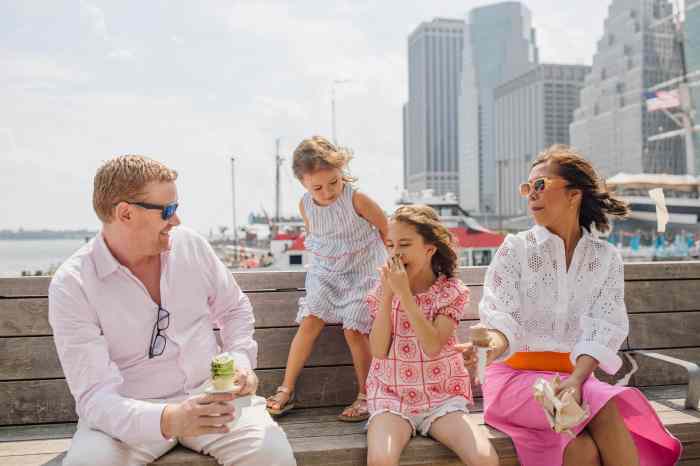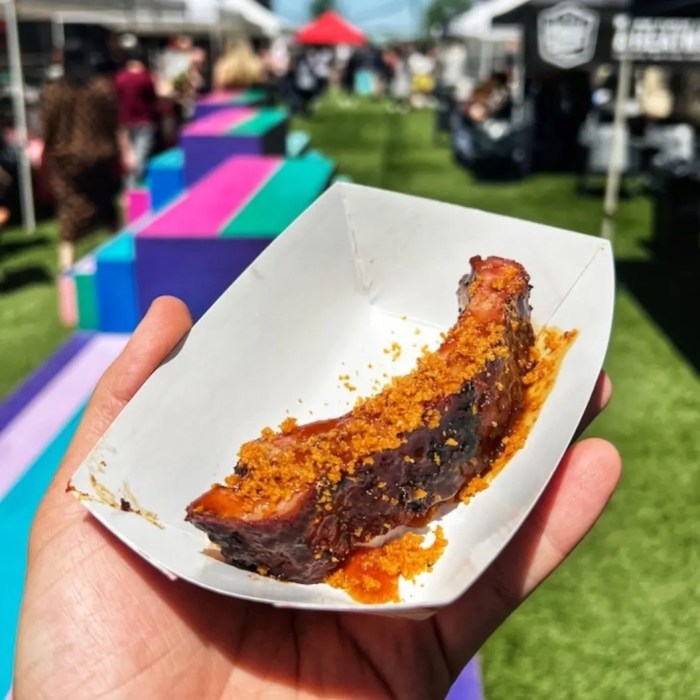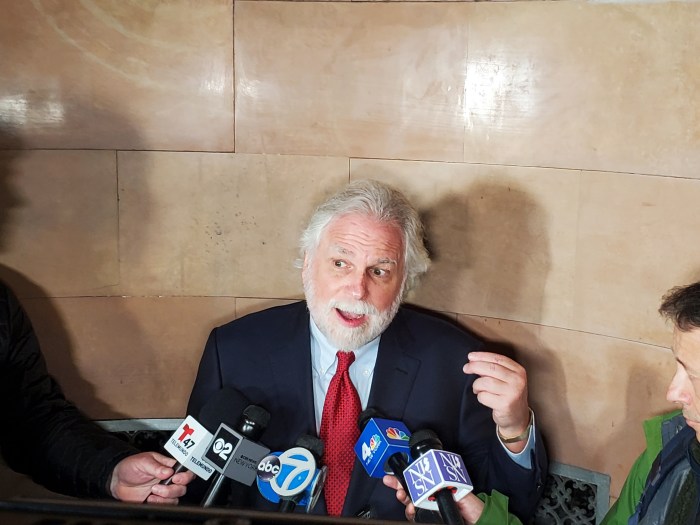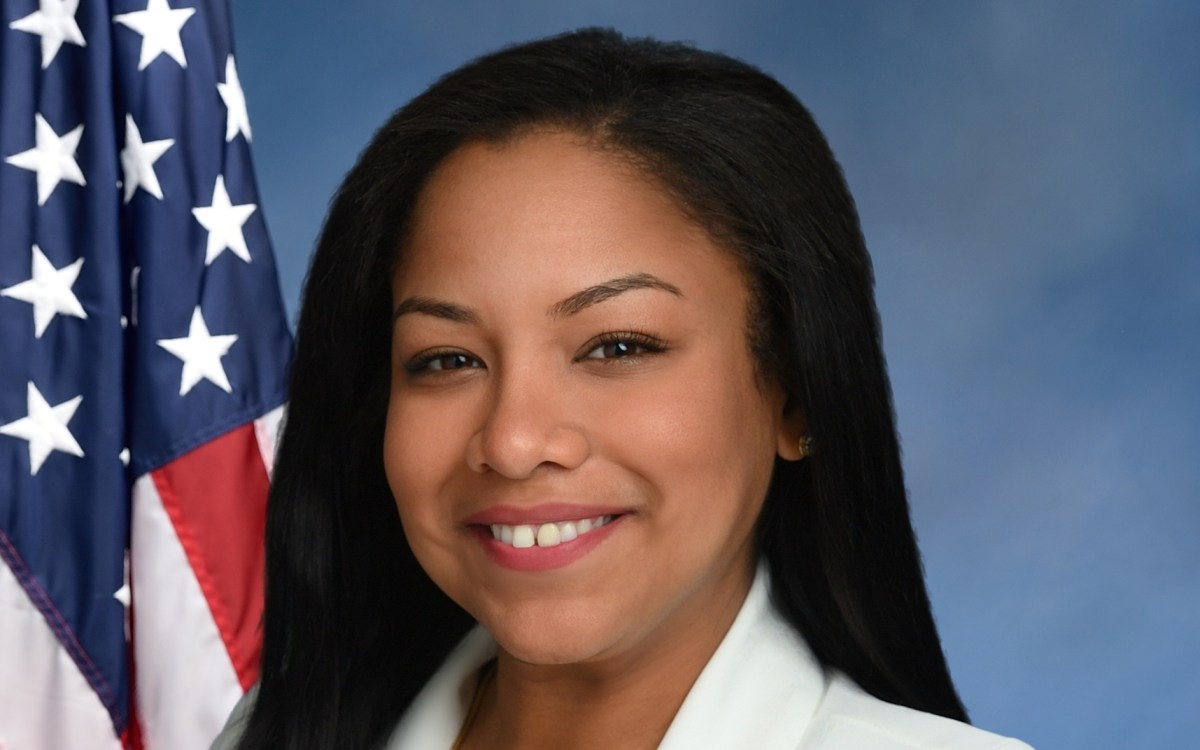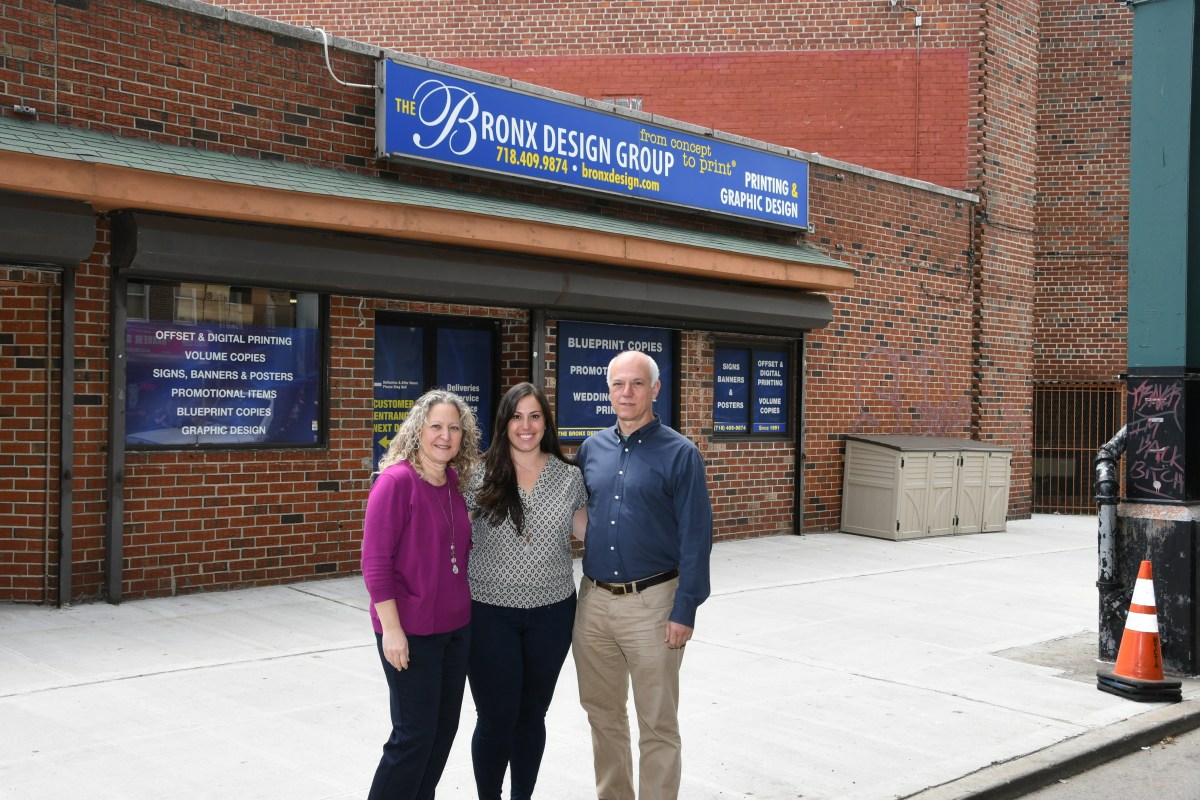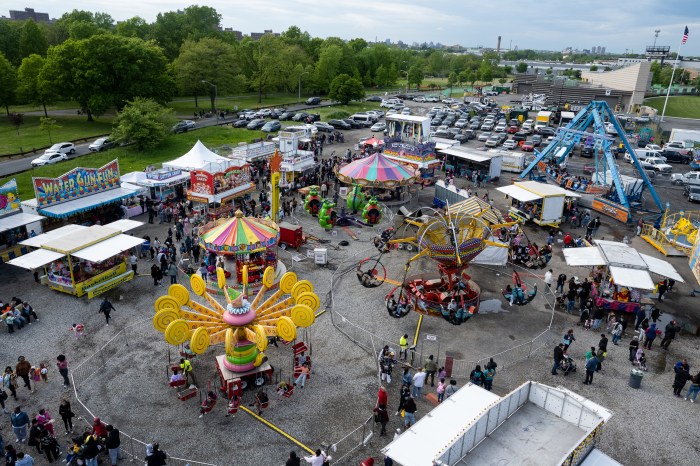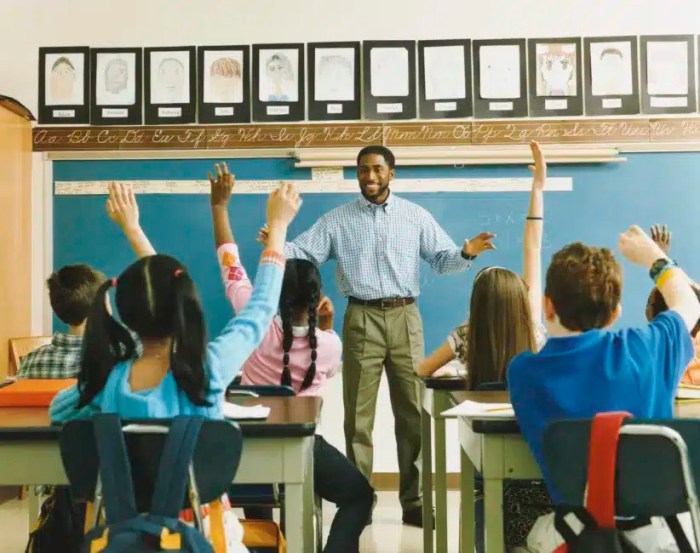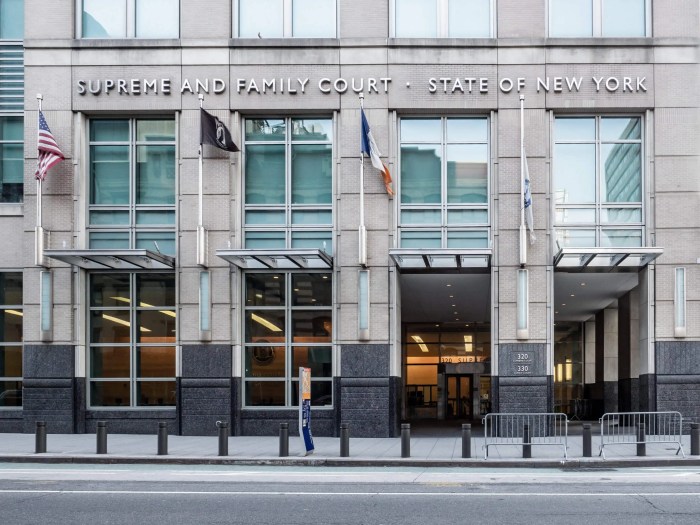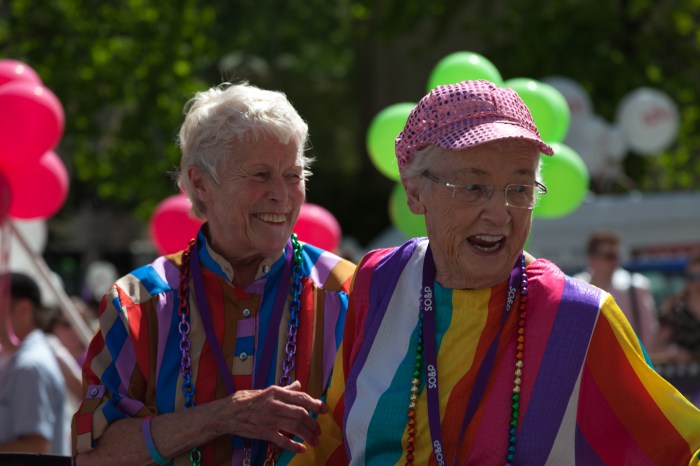 BY LENORE SKENAZY | On a recent Sunday night, partygoers at the John Jay College of Criminal Justice nibbled spinach puffs and sipped their wine. Men in suits chatted with ladies in cocktail dresses. College president Jeremy Travis took to the podium, thanked them for attending, and said he had just one word to describe their goal.
BY LENORE SKENAZY | On a recent Sunday night, partygoers at the John Jay College of Criminal Justice nibbled spinach puffs and sipped their wine. Men in suits chatted with ladies in cocktail dresses. College president Jeremy Travis took to the podium, thanked them for attending, and said he had just one word to describe their goal.
“Wimpy.”
What!?!
The entire room erupted in cheers.
“Yes!” Time to dream bigger. Dream huge! Dream of getting even more human beings out of their prison cells and back into glorious, everyday life — just like them.
This was the graduation gala for Just Leadership USA, a company dedicated to teaching formerly incarcerated people the leadership skills they need to change America’s love affair with prison. The group’s official goal is “half by 2030” (#halfby2030) — cutting the prison population by 50 percent in the next 15 years.
That’s the goal Travis declared “wimpy.”
We may not think of ourselves as a vindictive country, but consider his point: Getting us back to the incarceration rate of 1972 — hardly ancient history — would require an 80 percent reduction in the number of Americans in prison today. That’s how overboard we’ve gone when it comes to putting people in cells.
The 19 Just Leadership fellows who’d just finished the year-long course had been chosen from 117 applicants nationwide, all former prisoners, on the basis of the good they’d been doing since they got out.
Ronald Simpson-Bey spent 27 years behind bars in Michigan until his sentence was reversed for “prosecutorial misconduct” — including using inadmissible evidence and false testimony against him. Long story short, he was one of four people in an armed robbery — two testified against him and got out in two years, one is still inside.
Once released, he started a letter-writing campaign to long-term prisoners, so that if and when they ever get out, they could adjust a little better. But even on the inside, Simpson-Bey had already become a leader. He raised $5,000 for the Special Olympics. He studied law and helped other prisoners with their appeals. And every year he held a Kwanzaa ceremony where he’d give a copy of the book that changed his life — “Visions for Black Men” by Na’im Akbar — to the youngest prisoner present.
Many of those young men are still in touch with him, as are eight prisoners he helped get out — all on mistrials. But when I ask, “What’s the best thing you ever did?” those aren’t it.
The best thing began on Father’s Day, 2001. Simpson-Bey’s only son, Ronald Jr., 21, called the prison that morning to say he was coming by to celebrate.
The day got later and later — no son.
At last, Simpson-Bey was called to the phone. Ronald Jr. had been shot. He was dead.
The murderer was a 14-year-old boy. Ronald Sr. knew exactly what would happen to him if he got tried as an adult and was found guilty of pre-meditated murder.
Life in prison, without parole.
From his cell, he begged for the boy to be tried as a juvenile.
The young man served seven years and is now out — and still in touch with Simpson-Bey.
It isn’t a surprise Simpson-Bey was chosen for the Just Leadership program, because the organization believes that long sentences, “three strikes,” and the war on drugs are all squandering the human potential of entire generations.
Glenn E. Martin, the group’s founder and president, spent six years in New York State prisons, and insists that “those closest to the problem are closest to the solution.” That’s why the other fellows included Bill Cobb, a Philadelphia man who lost job after job because of his record, now fighting for the employment rights of ex-offenders; and Khalil Cumberbach, a young man from Queens who spent most of his 20s in prison. Now he’s 33, a dad, and employed at the Legal Action Center helping others with criminal histories turn their lives around.
The lesson Cumberbach learned through Just Leadership is one that I came home and told my own son: “Understand that everything you do has consequences, and these can be good or bad.” The armed robbery Cumberbach committed could have had good consequences — easy money, no issues — but more likely the consequences were going to be bad.
Which they were.
At the party, the consequences of the fellowship were easy to see. Family members crying for joy. Donors dabbing their eyes. A college president urging them to dream even bigger.
And not a wimp in the house.
Lenore Skenazy is a public speaker and founder of the book and blog Free-Range Kids (freerangekids.com).






